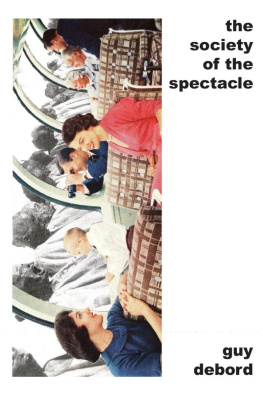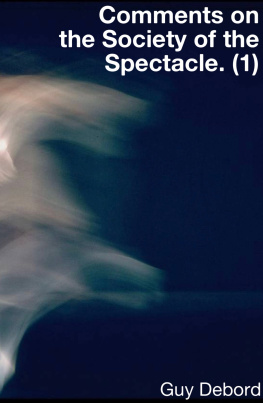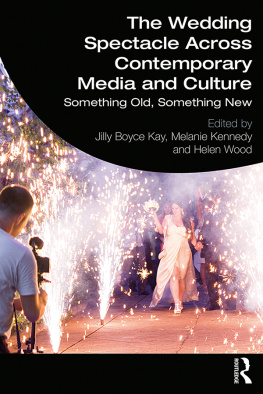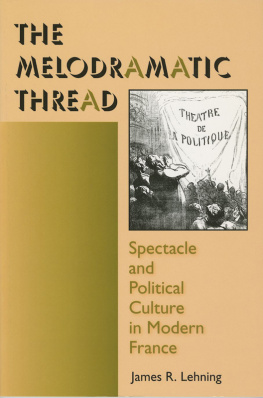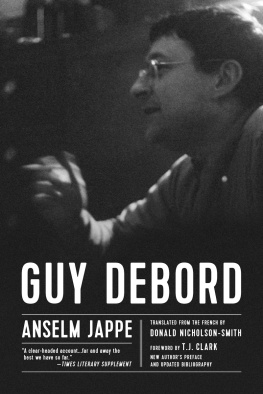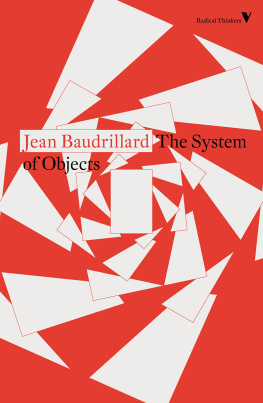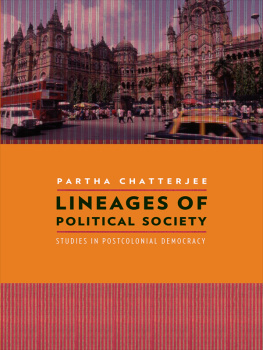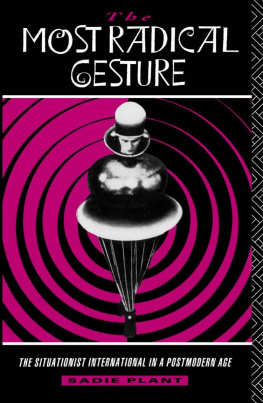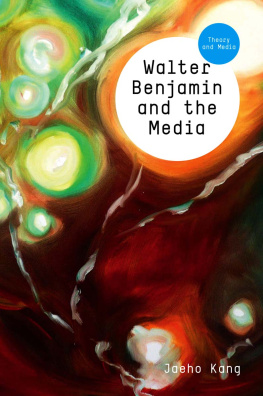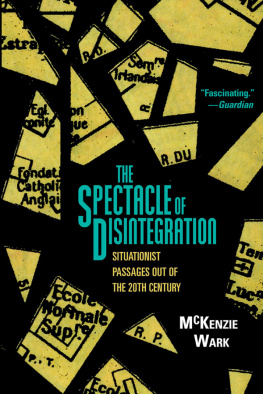Guy Debord
The Society of the Spectacle
Guy Debord
(19311994)
The Society of the Spectacle
( La Socit du spectacle )
(Paris, 1967)
Translated from the French by Ken Knabb, 2002.
No Copyright.
Table of Contents
Translators Note
There have been several previous English translations of The Society of the Spectacle . I have gone through them all and have retained whatever seemed already to be adequate. In particular, I have adopted quite a few of Donald Nicholson-Smiths renderings, though I have diverged from him in many other cases. His translation (Zone Books, 1994) and the earlier one by Fredy Perlman and John Supak (Black and Red, 1977) are both in print, and both can also be found at the Situationist International Online website.
I believe that my translation conveys Debords actual meaning more accurately, as well as more clearly and idiomatically, than any of the other versions. I am nevertheless aware that it is far from perfect, and welcome any criticisms or suggestions.
If you find the opening chapters too difficult, you might try starting with Chapter 4 or Chapter 5. As you see how Debord deals with concrete historical events, you may get a better idea of the practical implications of ideas that are presented more abstractly in the other chapters.
The book is not, however, as difficult or abstract as it is reputed to be. It is not an ivory-tower academic or philosophical discourse. It is an effort to clarify the nature of the society in which we find ourselves and the advantages and drawbacks of various methods for changing it. Every single thesis has a direct or indirect bearing on issues that are matters of life and death. Chapter 4, which with remarkable conciseness sums up the lessons of two centuries of revolutionary experience, is simply the most obvious example.
Ken Knabb
February 2002
Chapter 1: The Culmination of Separation
But for the present age, which prefers the sign to the thing signified, the copy to the original, representation to reality, appearance to essence truth is considered profane , and only illusion is sacred . Sacredness is in fact held to be enhanced in proportion as truth decreases and illusion increases, so that the highest degree of illusion comes to be the highest degree of sacredness.
Feuerbach, Preface to the second edition of The Essence of Christianity.
1
In societies dominated by modern conditions of production, life is presented as an immense accumulation of spectacles. Everything that was directly lived has receded into a representation.
2
The images detached from every aspect of life merge into a common stream in which the unity of that life can no longer be recovered. Fragmented views of reality regroup themselves into a new unity as a separate pseudoworld that can only be looked at. The specialization of images of the world evolves into a world of autonomized images where even the deceivers are deceived. The spectacle is a concrete inversion of life, an autonomous movement of the nonliving.
3
The spectacle presents itself simultaneously as society itself, as a part of society, and as a means of unification. As a part of society, it is the focal point of all vision and all consciousness. But due to the very fact that this sector is separate, it is in reality the domain of delusion and false consciousness: the unification it achieves is nothing but an official language of universal separation.
4
The spectacle is not a collection of images; it is a social relation between people that is mediated by images.
5
The spectacle cannot be understood as a mere visual excess produced by mass-media technologies. It is a worldview that has actually been materialized, a view of a world that has become objective.
6
Understood in its totality, the spectacle is both the result and the project of the dominant mode of production. It is not a mere decoration added to the real world. It is the very heart of this real societys unreality. In all of its particular manifestationsnews, propaganda, advertising, entertainmentthe spectacle represents the dominant model of life. It is the omnipresent affirmation of the choices that have already been made in the sphere of production and in the consumption implied by that production. In both form and content the spectacle serves as a total justification of the conditions and goals of the existing system. The spectacle also represents the constant presence of this justification since it monopolizes the majority of the time spent outside the production process.
7
Separation is itself an integral part of the unity of this world, of a global social practice split into reality and image. The social practice confronted by an autonomous spectacle is at the same time the real totality which contains that spectacle. But the split within this totality mutilates it to the point that the spectacle seems to be its goal. The language of the spectacle consists of signs of the dominant system of productionsigns which are at the same time the ultimate end-products of that system.
8
The spectacle cannot be abstractly contrasted to concrete social activity. Each side of such a duality is itself divided. The spectacle that falsifies reality is nevertheless a real product of that reality. Conversely, real life is materially invaded by the contemplation of the spectacle, and ends up absorbing it and aligning itself with it. Objective reality is present on both sides. Each of these seemingly fixed concepts has no other basis than its transformation into its opposite: reality emerges within the spectacle, and the spectacle is real. This reciprocal alienation is the essence and support of the existing society.
9
In a world that is really upside down, the true is a moment of the false.
10
The concept of the spectacle interrelates and explains a wide range of seemingly unconnected phenomena. The apparent diversities and contrasts of these phenomena stem from the social organization of appearances, whose essential nature must itself be recognized. Considered in its own terms, the spectacle is an affirmation of appearances and an identification of all human social life with appearances. But a critique that grasps the spectacles essential character reveals it to be a visible negation of lifea negation that has taken on a visible form.
11
In order to describe the spectacle, its formation, its functions, and the forces that work against it, it is necessary to make some artificial distinctions. In analyzing the spectacle we are obliged to a certain extent to use the spectacles own language, in the sense that we have to operate on the methodological terrain of the society that expresses itself in the spectacle. For the spectacle is both the meaning and the agenda of our particular socio-economic formation. It is the historical moment in which we are caught.
12
The spectacle presents itself as a vast inaccessible reality that can never be questioned. Its sole message is: What appears is good; what is good appears. The passive acceptance it demands is already effectively imposed by its monopoly of appearances, its manner of appearing without allowing any reply.
13
The tautological character of the spectacle stems from the fact that its means and ends are identical. It is the sun that never sets over the empire of modern passivity. It covers the entire surface of the globe, endlessly basking in its own glory.
14
The society based on modern industry is not accidentally or superficially spectacular, it is fundamentally spectaclist. In the spectaclethe visual reflection of the ruling economic ordergoals are nothing, development is everything. The spectacle aims at nothing other than itself.

